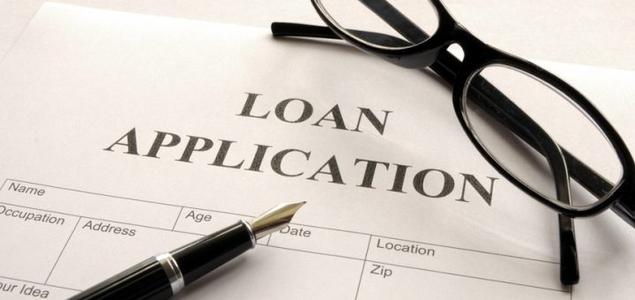Bad credit card records and blacklist

Credit records are personal credit reporting and assessment documents formed by the collection and processing of personal credit information by the bank's personal credit reporting agency, and bad credit records are historical records that have a negative impact on personal credit in the credit report. Once a bad credit is formed, people who apply for loans or credit cards from commercial banks are often rejected, just as they are included in the bank's blacklist of loans. Therefore, bad credit is also known as bank blacklist (bad credit for mortgage The impact of credit and credit card activities).
Personal credit records include: basic personal information based on personal identification and reflecting personal family, occupation, etc .; personal credit information formed by persons having a credit relationship with financial institutions or provident fund management centers and other institutions; individuals and commercial institutions, public services Information on the purchase and payment of personal credit formed by the credit purchase relationship of the business service organization; public information relating to personal credit formed by administrative agencies, executive agencies of administrative affairs and judicial bodies during the exercise of power; other information related to personal credit.
Bank credit card bad records and blacklist detailed explanation
1. What is a bad file and why is the card holder in the bad credit file or the bank's blacklist
Commonly known as bad files or blacklists, this is the bank's poor assessment of an individual's credit, which directly affects the individual's loan to the bank and other businesses. The basic personal credit information database in the bank's credit information system is very reliable, but in fact it is only used as a reference for the credit records of various banks. There is no unified standard for specific credit assessments by various banks.
So how are the bank assessment criteria for personal consumer credit born? In fact, the credit reporting center does not assess personal credit, let alone credit is "good" or "bad", the credit reporting center "records" rather than "judges". The bad files mentioned so far are only judgments rendered by banks to prevent credit risks. Commercial banks have different criteria for assessing personal credit.
Therefore, bad files or blacklists formed in a bank will be shared by all banks in two ways. One is cooperation with industry, that is, banks share credit files directly (see article 1 above); the other is the credit report, that is: Banks report information such as customer loan arrears and malicious credit card overdrafts to the credit bureau to form a basic database on personal credit information in the credit reporting system for reference by all banks.
It should be noted that the information that individuals pay for public services such as telecommunications, water, electricity and gas, as well as public information such as civil court judgments and tax arrears, will gradually become part of the complete credit reports for businesses and individuals. This means that arrears of water and electricity bills can also lead to poor records in the personal credit reporting system.
2. Method of Investigating Bad Personal Credit Reports
Bad bank records can be requested over the phone from each bank's customer service. To check the credit report from the credit report system, you can bring your valid ID to the personal credit management office of the local branch, stating "print personal credit report", the request fee is usually 2 yuan.
3. How to Eliminate Bad Credit Card Records
1 Eliminate bad files from regular bank credit cards
If it is a bad bank account caused by the reimbursement of a credit card, etc., you can immediately consult the customer service phone of the bank. anque. If the situation is mild, all you have to do is explain that it is not malicious and that it can generally help you to eliminate the file.
2 Eliminate personal credit information database records in the credit reporting system
If the situation is serious or the delay is too long, the bank may have already reported to the personal credit reporting system (for example, delinquent bad credit entry by credit card is generally 90 days, and more 90 days can be reported to the bank's basic database of personal credit information).
Depending on the bank's explanation of the credit reporting system, the applicant can ask the bank to notify the bank of the loan problem that was not approved by the bank due to poor records. If the bank does not inform, it must consult the bank's rating authority and request an investigation into the creditworthiness of the individual, correct the erroneous data and avoid future inconvenience to the lending activity. the bank.
If it is a bad registration caused by a banking error, it can be negotiated with the bank. The bank may issue an instruction to modify the credit report system and the system will delete this record.







